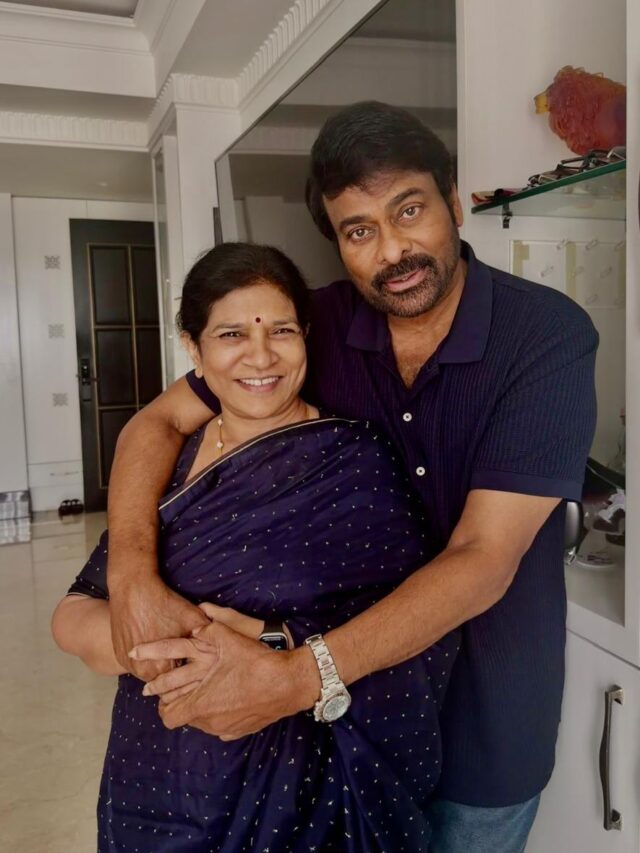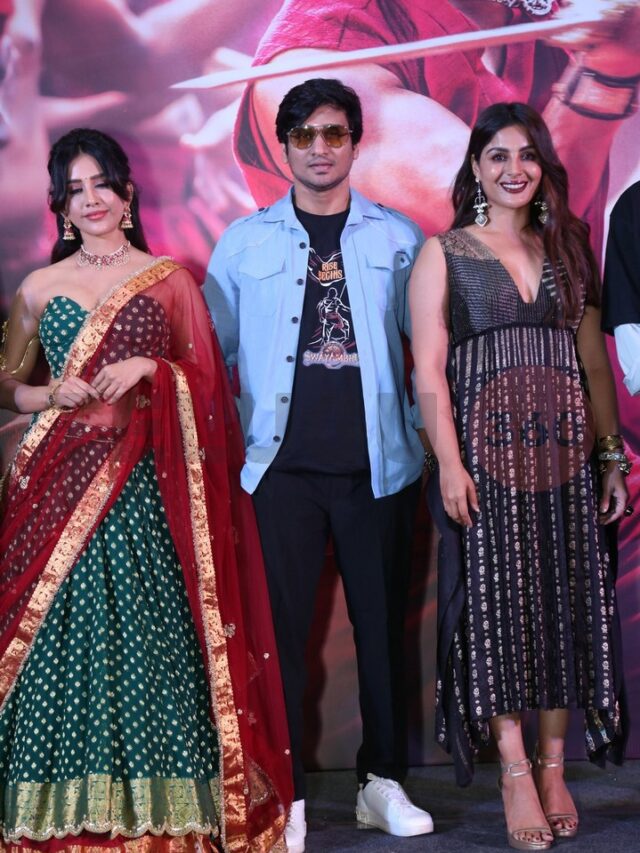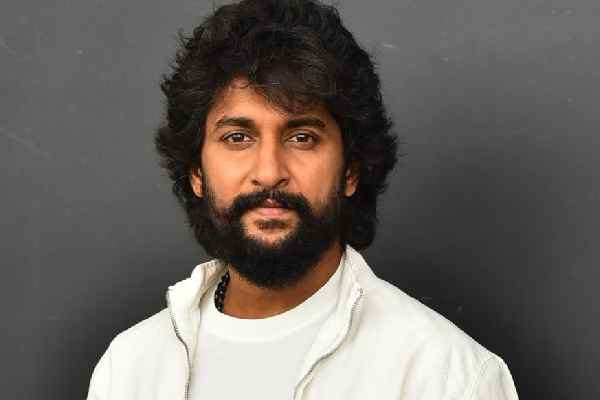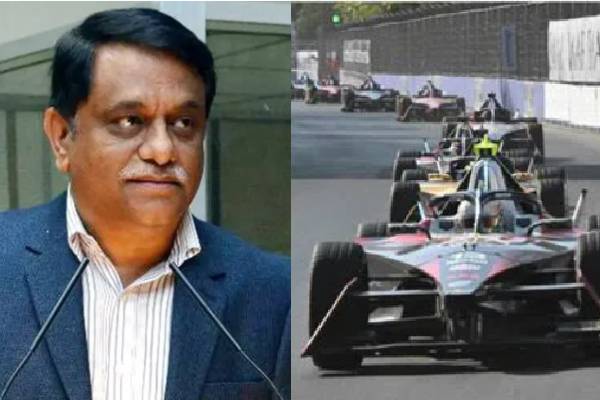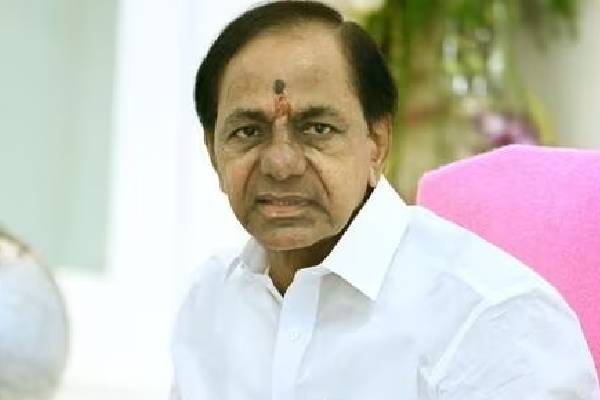It appears that the YSR family is on the brink of another political chapter. Reports suggest that Andhra Pradesh’s former Chief Minister YS Jagan Mohan Reddy might be considering introducing one of his daughters into politics. If this materializes, it would mark the third generation of the YSR clan entering public life, a continuation of a legacy that began with the late YS Rajasekhara Reddy.
But the question being whispered across political circles isn’t just when or who. Can a woman truly lead YSRCP in the rugged and male-dominated political landscape?
The Long Shadow of the YSR Legacy:
Jagan’s elder daughter, Harsha Reddy, recently completed MBA in France, while his younger daughter, Varsha Reddy, is employed with a reputed firm in Singapore. Despite their distance from politics, speculation is heating up about one of them stepping into the arena, possibly from Kadapa, the family’s stronghold, in the next general elections. The idea of a third-generation leader naturally excites loyalists. Yet, it also brings back memories of how the women have faced challenges in creating political waves, even when opportunities arose.
From Indira Gandhi to Priyanka Gandhi: A Tale of Contrasts:
Indian politics has never been short of powerful women. Decades ago, Indira Gandhi shattered stereotypes and ruled with an iron hand, proving that leadership has no gender. Her political instincts and command over the party made her a towering figure in a male-dominant world.
Fast forward to today and the story looks different. Priyanka Gandhi’s political presence, despite charisma and lineage, has struggled to recreate that same spark. It’s a reminder that legacy can open doors, but charisma, timing and connection with the masses determine how long those doors stay open.
Telangana’s Example: Kavitha’s Rise and Fall:
Across the border in Telangana, Kalvakuntla Kavitha’s political journey mirrors the same question. Once seen as a powerful voice in the BRS and a champion of cultural causes, she couldn’t sustain that momentum. Despite being active in every major party movement, her impact failed to translate into tangible political gains. Her case highlights how the political ecosystem often expects more from women leaders, not just loyalty or lineage, but the ability to constantly prove their worth in a field still dominated by men.
Sharmila’s Journey and Challenge of Impact:
Closer home, Jagan’s sister YS Sharmila offers another compelling example. When Jagan was imprisoned, she led the YSRCP for over 16 months, walking across the state in a massive Padayatra that kept the party alive. Yet, despite her effort, her political impact faded once Jagan returned. Now, as Sharmila prepares her son Raja Reddy for political debut under the Congress banner, comparisons are inevitable. Can Jagan’s daughter succeed where Sharmila couldn’t?
Beyond Gender: The Power of Connection:
Politics is not about men or women; it is about impact. The ability to inspire, command loyalty, and connect with people defines success. Whether it’s Indira Gandhi’s steely resolve, Mamata Banerjee’s relentless drive, or Jayalalithaa’s charisma, each woman who made it to the top did so not because she was a woman, but because she made the people believe.
For YSRCP, which suffered a major setback in 2024, a new face might bring fresh energy. If that face happens to be a woman from the YSR family, it could also reshape perceptions about leadership in Andhra Pradesh.
The Road Ahead:
For now, the idea of Jagan’s daughter entering politics remains speculation. But if it turns real, it will test both the YSR legacy and Andhra Pradesh’s readiness for a woman leader at the forefront of a major party.
Leadership, after all, isn’t inherited and it is earned through impact. And in politics, gender matters far less than the ability to command hearts, minds, and votes.












